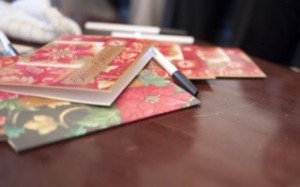 All across campus, groups of students were busy Wednesday morning signing cards to people they did not know. “Happy Holidays,” they wrote, “Thank you for keeping us safe. Thank you for your service.”
All across campus, groups of students were busy Wednesday morning signing cards to people they did not know. “Happy Holidays,” they wrote, “Thank you for keeping us safe. Thank you for your service.”
Before turning to topics such as exams and the upcoming holiday break, students took a few minutes during advisor meetings to remember members of the military and write them messages of thanks.
The cards were part of the Holiday Mail for Heroes Program, an annual event organized by the American Red Cross. Collected between October and December, the cards are eventually distributed to military installations and veterans hospitals, according to the Red Cross website.
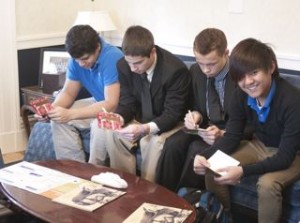 This is the second time Williston Northampton has participated in the program. Last year, during an effort coordinated by Maddy Stern ’14 and Ben Wheeler ’14, students signed roughly 300 holiday cards for service members. This year, Stern and the junior class officers once again spearheaded the effort.
This is the second time Williston Northampton has participated in the program. Last year, during an effort coordinated by Maddy Stern ’14 and Ben Wheeler ’14, students signed roughly 300 holiday cards for service members. This year, Stern and the junior class officers once again spearheaded the effort.
“I believe this program is important to participate in throughout the entire year but especially surrounding the holiday season,” Stern wrote in an email. “It is important for the Williston Community to remember that this isn’t only the brief three weeks before winter break, but also the time of the year meant for reflection and contribution to others.”
Stern said that she was anticipating sending around 150 cards to soldiers stationed overseas this year.
“Hopefully, by exchanging a fraction of our day to write a small note to a soldier, Williston students can not only help brighten the soldier’s day, but gain a sense of perspective and selflessness, which this busy season is truly about,” she wrote.
In his advisor meeting with Associate Director of Admission Derek Cunha, senior Thomas Walsh was wishing military personnel a “safe and happy holiday season,” he said.
Down the hall, Julia Krupp ’15 was also writing out a holiday card, while others in her advisor group decorated their messages with stars.
“Thank you so much for all you do. You’re amazing and a total hero,” Krupp said, reading aloud what she had written. “Sorry you cannot be with your family during the season, but I’m sure they are so proud.”
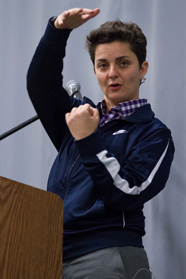 “If you had one wish in the world what would it be?”
“If you had one wish in the world what would it be?”

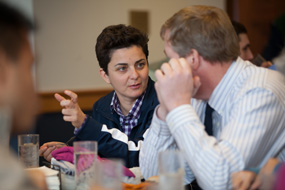
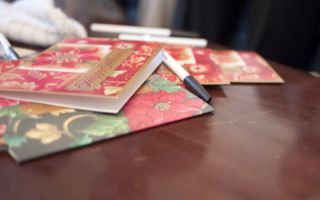
 All across campus, groups of students were busy Wednesday morning signing cards to people they did not know. “Happy Holidays,” they wrote, “Thank you for keeping us safe. Thank you for your service.”
All across campus, groups of students were busy Wednesday morning signing cards to people they did not know. “Happy Holidays,” they wrote, “Thank you for keeping us safe. Thank you for your service.” This is the second time Williston Northampton has participated in the program. Last year, during an effort coordinated by Maddy Stern ’14 and Ben Wheeler ’14, students signed roughly 300 holiday cards for service members. This year, Stern and the junior class officers once again spearheaded the effort.
This is the second time Williston Northampton has participated in the program. Last year, during an effort coordinated by Maddy Stern ’14 and Ben Wheeler ’14, students signed roughly 300 holiday cards for service members. This year, Stern and the junior class officers once again spearheaded the effort.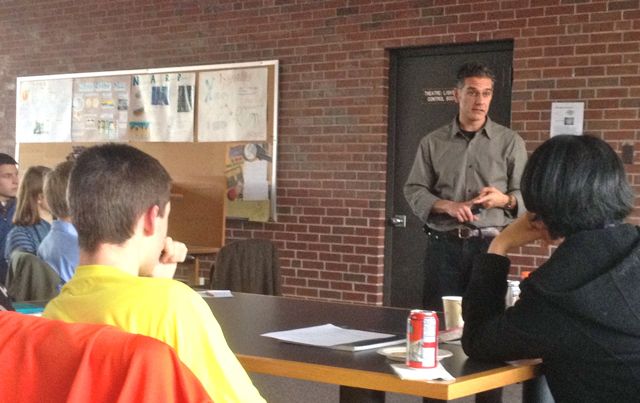
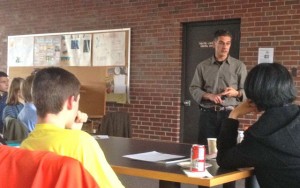
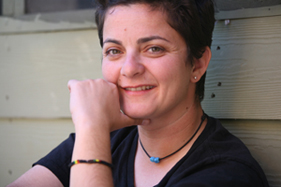

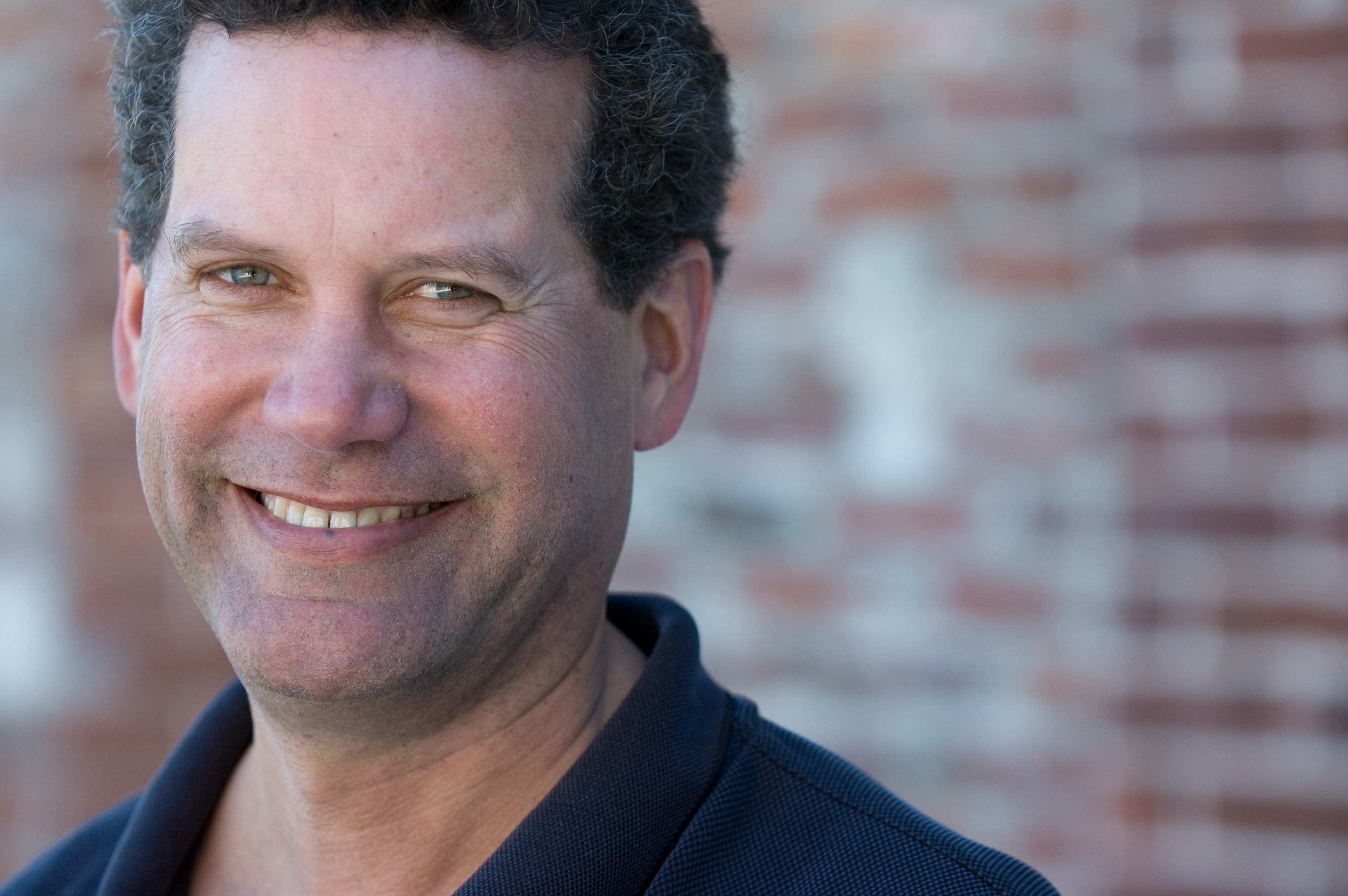
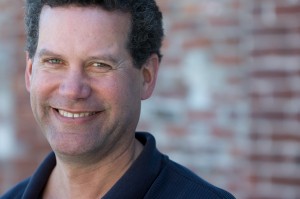 Chris Benfey described the pot as though it were an old friend. Made of red clay and with a type of glaze known as tobacco spit, the jug sat in his grandparent’s hallway next to the big, black telephone. At the top of the swooping handle was an indent where the potter had pressed his thumb like a signature.
Chris Benfey described the pot as though it were an old friend. Made of red clay and with a type of glaze known as tobacco spit, the jug sat in his grandparent’s hallway next to the big, black telephone. At the top of the swooping handle was an indent where the potter had pressed his thumb like a signature.